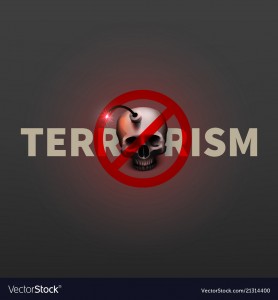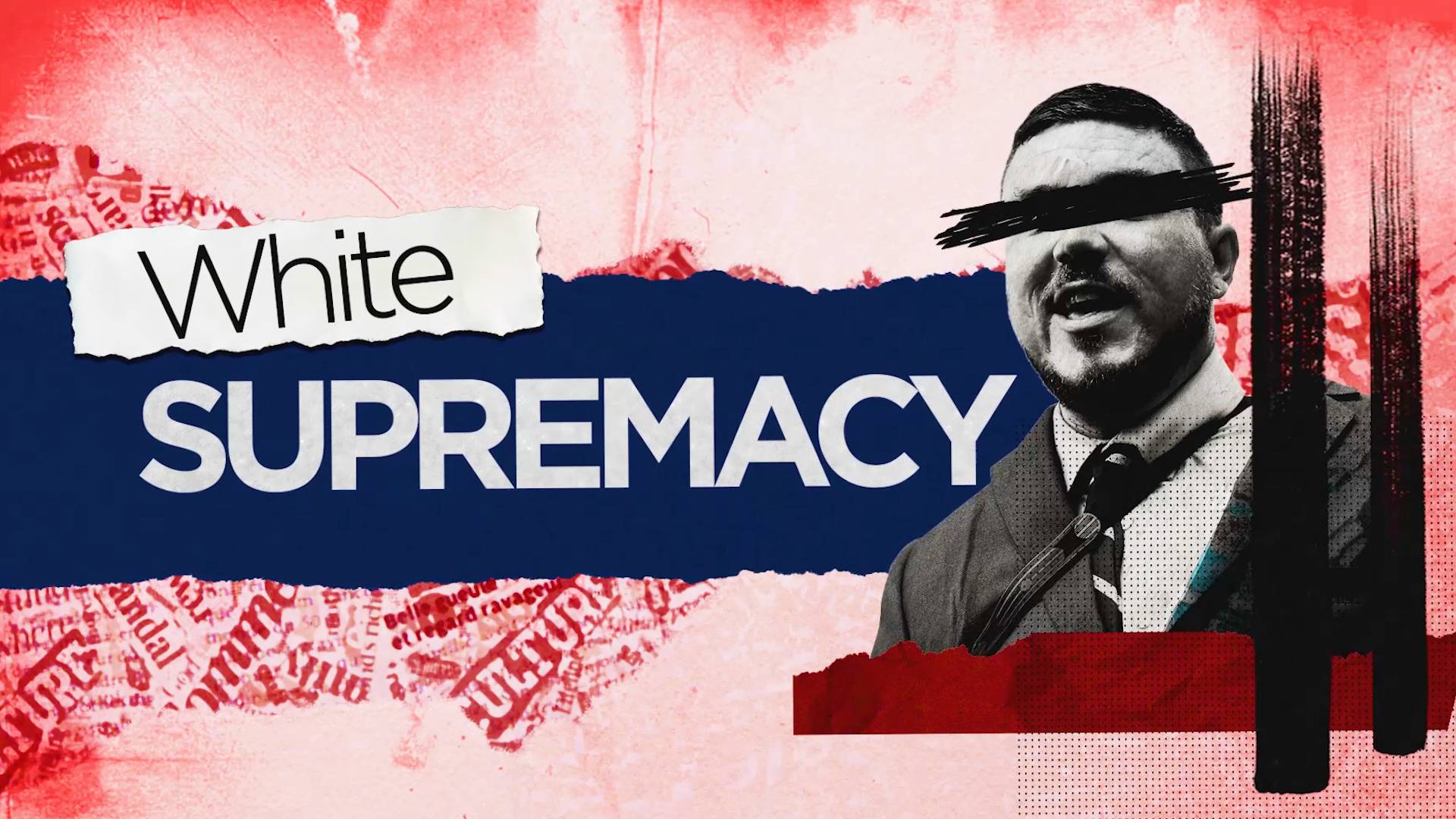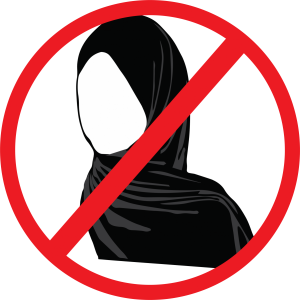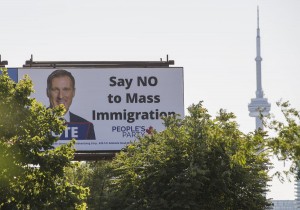‘Hatred’ is the new terror
Shafqat Javed
The attack on Twin Towers by Al Qaeda launched the so-called “war on terror”. The massacre of 50 innocent worshippers in Christchurch should now trigger a global “war on hatred”. If the jihadists needed to be reined in, and correctly so, the white supremacists need to be stopped with equal vigour and urgency.
There are two distinct sides to what Brenton Tarrant did—he massacred 50 people, but he also wrote a manifesto. How do we root out what is contained in it?
The hatred behind Tarrant’s action is where our real focus should be. What is the origin of this hatred? What gives birth to it? What triggers it? The killing can be stopped by tighter law enforcement but can the thoughts that prompted it be stopped? We believe it can, and we must, to save our civilisation.
The main culprit behind the hate-generating mindset is, in my view, our half-baked knowledge of history. Thanks to the internet, it is now custom-made to suit our particular prejudices and tailored to generate hatred among the socially or economically deprived, and among ethnic or religious minorities. The purpose of this “history” is to create the villainous “other”—the “invader” in Tarrant’s language—who will have to be demonised to build the ground for their elimination.
The real and hidden danger of it is that we all have our private take on history based on books, articles and anecdotes that cater to our particular point of view, and are guilty of ignoring all other facts or points of view that contest it, thus distorting and perverting an intellectual process that could have led to a better understanding of history and the common achievements of mankind—not just of this or that group, nation or people.
Whatever may have been our experience with history, it is in modern times that we have witnessed its most perverse manifestation when nationalism took hold of our imagination and became a very powerful, if not the principal, determinant of historical view and thereby its principal distorter. Its true power of distortion lay in its perceived foundation on culture, ethnicity, language, and even religion in some cases, blending well with the nascent anti-colonial struggles whose energies drew on the fundamental human urge to seek justice and freedom.
The two World Wars showed us the ugliest face of nationalism. As the human capacity for cruelty and mutual destruction shocked all leaders, however parochial and arrogant, the wars served to bring a sense of sobriety among the big powers. Reality forced them to agree, albeit from a sense of self-preservation, that such reckless and mindless use of power needed to be constrained and brought under some sort of collective thinking. This led to serious efforts towards international cooperation that stopped for a time the vulgarisation of history, which was the hallmark of nationalism.
But this “sense of sobriety” was short-lived and soon abandoned as the world moved from the hot to the “cold war”. Russia’s emergence as a major global player with socialistic ideologies gaining tremendous popularity in the post-war period was totally unacceptable and needed an all-out effort by the Western victors, especially the United States, to nip it in the bud, so to speak.

Wars were always fought in the field as well as in the minds, but the so-called cold war unleashed a battle for the hearts and minds of people everywhere that subordinated facts to ideology. The cold war needed a history of its own that had to be produced by the most extensive and intricate distortion of history ever undertaken. Education, all forms of art, culture, music, theatre, not to mention literature and journalism, were all fair game in this “war”. “The Free World”—mainly meaning Western, Christian, and white—had to be proven to be superior in all aspects. Though the main target was the followers of the so-called socialist bloc, the rest of us in Asia, Africa and Latin America—appropriately termed “The Third World”—were not spared. We had to be taught everything, especially how to develop ourselves, all the while internalising the “fact” that we were inferior and had to learn everything from those who were “superior”.
With the collapse of the socialist bloc, the considerable Western cold-war infrastructure and expertise for propaganda and manipulation had to be turned on to something else. Samuel Huntington’s “Clash of Civilization” filled the vacuum of finding an enemy and the Twin Towers attack by Al Qaeda and the jihadists provided the perfect excuse for the “superior” white Christian west to once again emerge as the “saviour” of whatever humanity achieved.
From superiority to “supremacist” ideology is but one small step, and that is what we are witnessing in the rising ethno-nationalism in the West and other so-called developed countries. A supremacist ideology must necessarily be based on hatred of the “other”, and in this case it is the “migrants” in Europe that seem to be providing the fodder. The advantage of “hating” the migrants is that it helps to hide other, not too politically correct hatred for others’ ethnicity, culture, tradition and religion.
Let us examine the issue of migration. Can any serious understanding of it take place without any consideration of colonialism? The Blacks that Tarrant saw in different cities of France, which convinced him that “his land” was being taken over by “invaders”, came from the very colonies that France misgoverned, plundered and is still exploiting. Can any understanding of the present-day poverty of Africa make even some rudimentary sense without looking into how this birthplace of civilisation was subject to economy-destroying, tribe-splitting and violence-generating partitioning, whose ramifications are still preventing the Africans from recovering from their nightmarish past? This is not to exonerate Africans and their leaders of their own faults, but the truth is far different than seeing Blacks in French cities and demanding their blood.
On the more recent phenomenon of Syrian migrants to Europe that really set the Christchurch killer’s semi-automatic rifle blazing, can we ask the simple question as to how many middle-eastern migrants were there in Europe before the invasion of Iraq and Libya by the US and its allies? However oppressive the regime, the Syrians, a very proud people with one of the oldest civilizations in the world, never left their homes for Europe, howsoever attractive! Neither did the Libyans or the Iraqis.
Without trying to defend the murderous regimes of Saddam, Gaddafi or Assad, we can ask what was the rate of immigration to Europe from these countries throughout the previous decades going as far back the end of the Second World War? First, their homes are destroyed—we now know it was for oil—and then they are condemned for migrating elsewhere.
The West looked on with bemused indifference as their society, mostly unconsciously but some powerful sections deliberately, embraced Islamophobic notions and even allowed their spread in intellectual and academic circles. The ISIS and the jihadists helped to further pervert their minds, and the general silence of the Muslim world and its failure to condemn them as vigorously as it should have been done solidified the West vs Islam view. This tide needs to be stemmed before it becomes a flood and engulfs the world as it happened at the time of Hitler and the Nazis. Could anybody have imagined the slaughter of millions of Jews in the middle of an enlightened Europe? The rise of anti-Semitism, to which the West is waking up now, is directly linked with Islamophobia and needs to be fought simultaneously.
Coming back to the point I made at the beginning of this article, the hate that is fuelling the rise of white supremacists, just as it did the jihadists, is selective reading of history clouded by ethno-nationalism, zealotry, racism, religious extremism and intolerance. What we need to do now is start a serious and effective counter-narrative to the ones that are fuelling hatred, obviously based on a wider and deeper reading of history.

The task is not only before the West but before us all. There is no monopoly of hate in any particular part of the world. We have our own versions of it in the Holey Artisan killings or the murder of bloggers. Both stemmed from hatred of the “other”. The right of Hindu zealots to lynch a Muslim for eating beef, or that of two sects of Muslims (Shia-Sunni) to gun down each other, some during Friday prayers, or that of the Myanmarese to indulge in ethnic cleansing of the Rohingyas—these are only few examples of hatred-generated violence prevailing in our neighbourhood.
Just as I am finishing this piece, I see the breaking news of three persons getting shot dead by a man of Turkish origin on a Dutch tram. I hope and pray that this does not further aggravate an already tense situation. If such random, vengeful killings spread fear, mutual suspicion and hatred will put life as we know it in serious jeopardy.
The time is most propitious for the world to come together and launch the “War against Hatred” with the same vigour, political will, finance and unity that we had in fighting terror, because “Hatred” is the new terror.
It was extremely sad to see what happened in Christchurch. But it will be sadder still if we are unable to come together to prevent its recurrence.
 Jahangir's World Times First Comprehensive Magazine for students/teachers of competitive exams and general readers as well.
Jahangir's World Times First Comprehensive Magazine for students/teachers of competitive exams and general readers as well.






